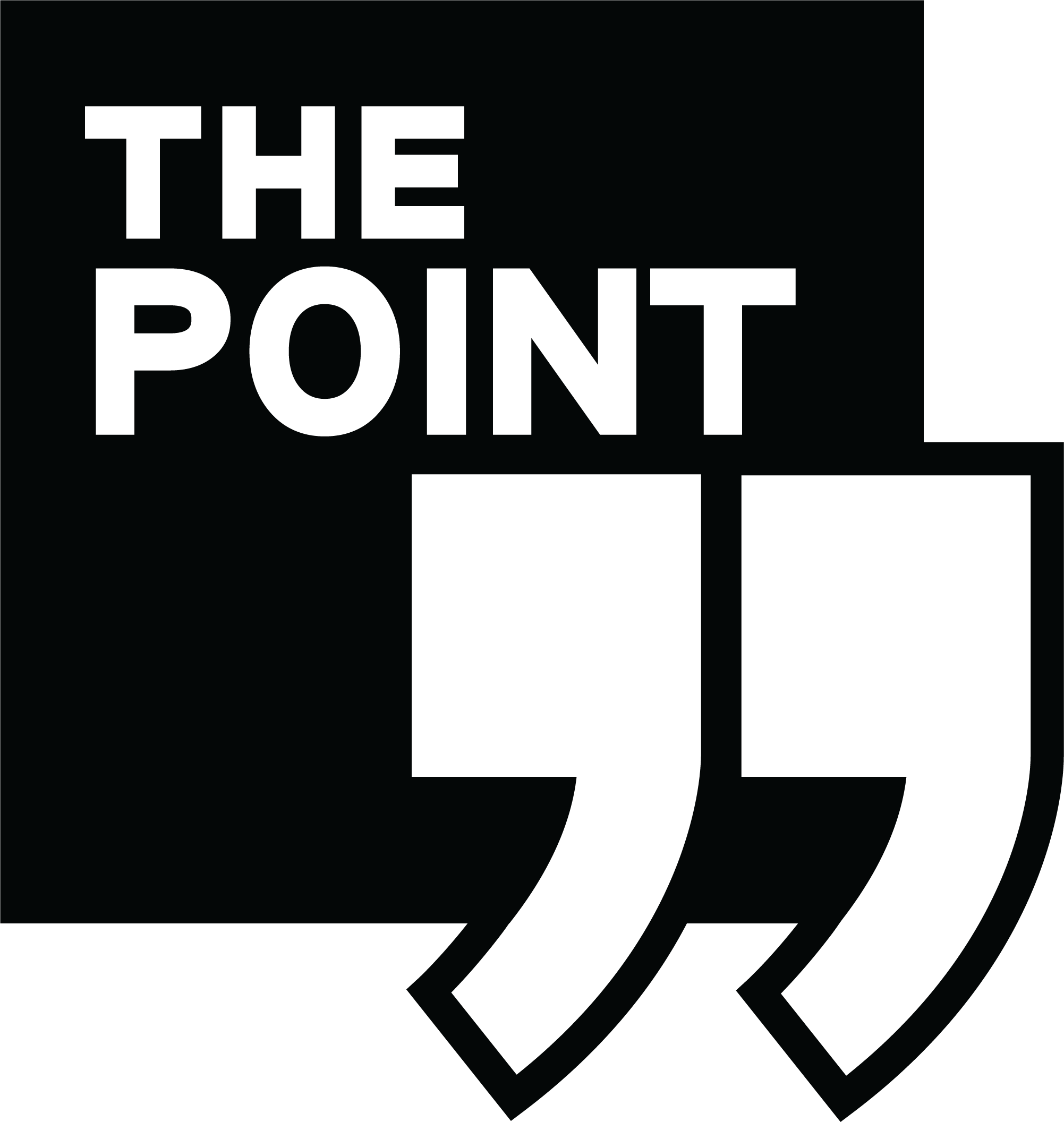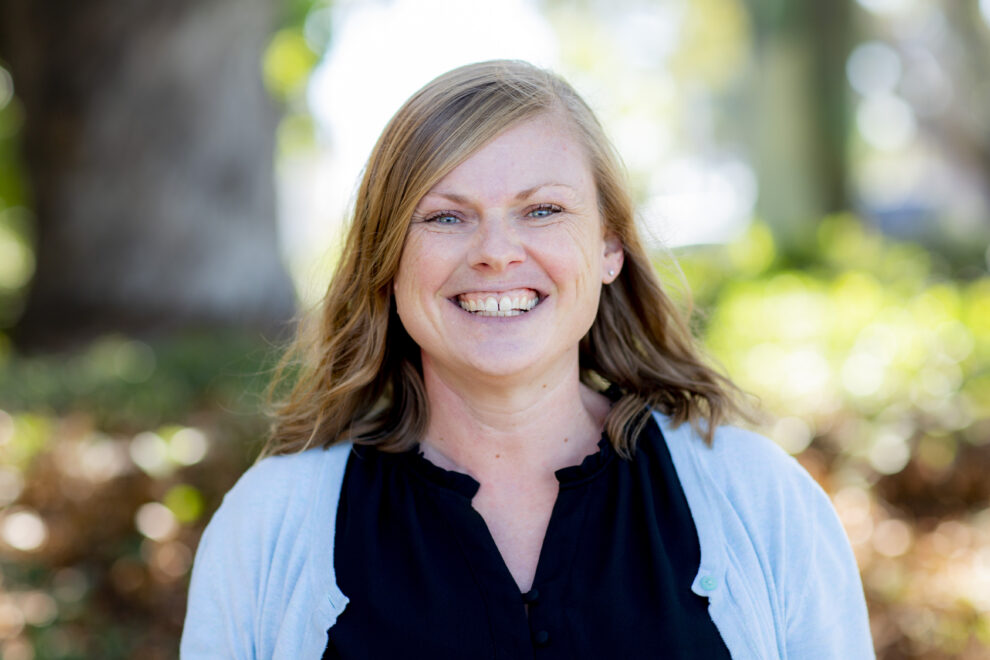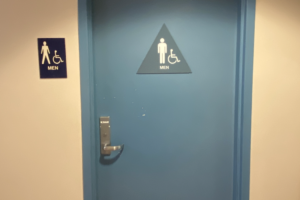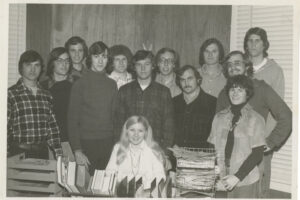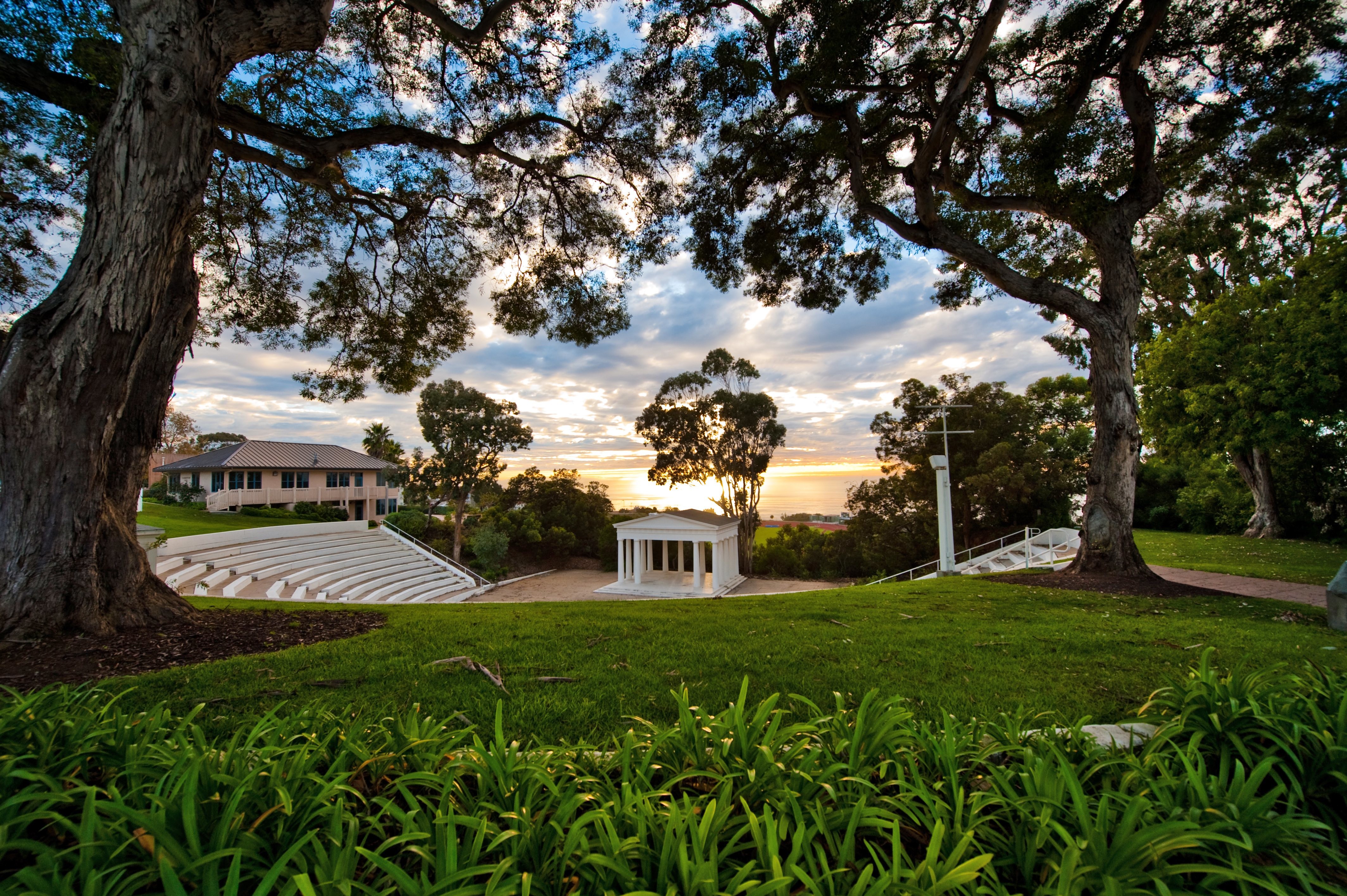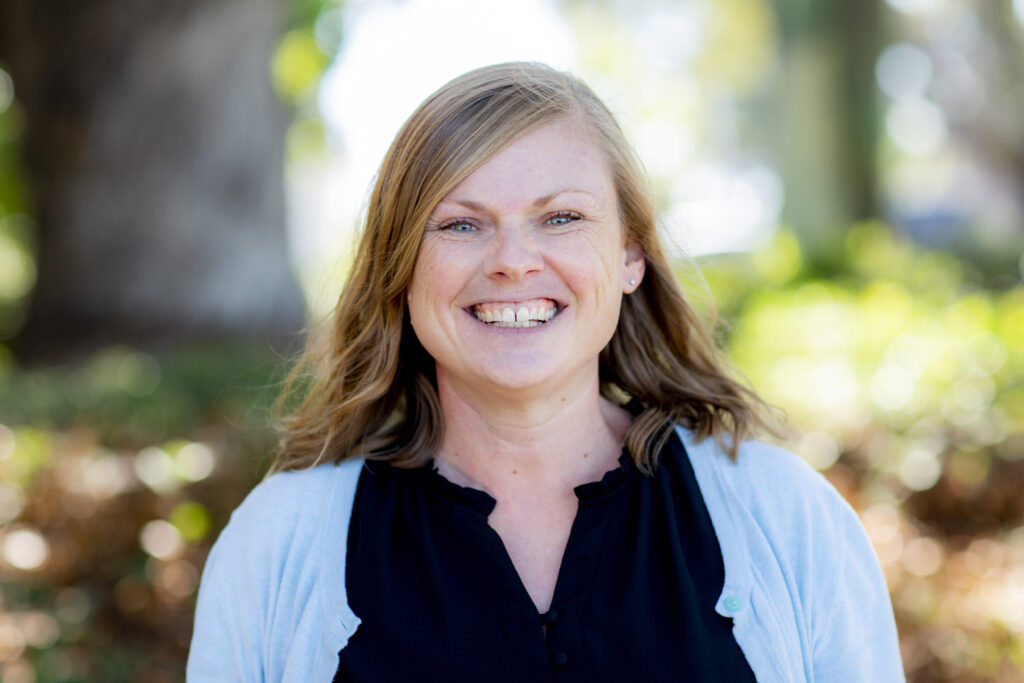
“College history classes are about exciting stories. We are telling the human story, and it’s as exciting as any movie or novel out there,” said Point Loma Nazarene University history professor Kelli McCoy in an interview with The Point.
PLNU students have to take two history classes as a part of their Foundational Explorations (FE) or general education courses, but McCoy wants to assure students that history is more than memorizing timelines.
McCoy teaches one of the FE classes in the history department, World Civilizations II. Before the start of the fall semester, The Point interviewed McCoy about the goal of FE courses and the importance of studying history.
The Point: So the [FE] class you teach, World Civilizations II, is offered every semester and during the summer. Is this class mostly taken by first-year students, or is it a mix?
Kelli McCoy: It’s a mix. It’s students from their first year all the way up until their last, and everyone in between. And I think that is one of the fun things about World Civilizations II, but also most of our [FEs] at Point Loma. It gives students a chance to interact with a variety of other students on campus, who are at a variety of other levels. And other students can help them.
You asked how we try to support first-year students, and one of the things I do is pair students up or put students in groups with other students who are at varying points in their time at Point Loma. That way first-semester students can learn from students who have been at Point Loma longer.
TP: And for all students, since you said you encounter people from first-years to fourth-years in your class, what is something they can expect to be challenged by in your class? For those first-semester students, what might be different from their high school classes, or classes they took at other colleges? For those who have been here, what might be different from [FEs] they have taken with other departments?
KM: I think in any college class, you ideally come in with an openness not only to learn new materials in terms of facts but to learn about new perspectives, new groups of people [and] to be able to be open to thinking about the world in new ways. It doesn’t mean that anyone has to change their beliefs, but just to enter into it with a spirit of willingness to learn about things that you haven’t learned about and haven’t really thought about before.
I think that’s true for students at every level. I think especially with a world civilization class, you are going to encounter people groups, times and places that you haven’t thought about before. Or, maybe the reality differs from what you had expected.
I often encounter that with students when they learn about parts of the world outside of the U.S. The way they had imagined how those people lived was different from the reality, and I almost always have great reactions from students because they’re expected to learn that there are whole swaths of the world and human history that they didn’t know about.
TP: The first real history class I took, where it was pretty much a room full of history majors, was in your Gender and Law in the U.S. seminar last fall. I loved that class, and I would love to hear from you about what is so special about engaging with and studying history. The major itself is pretty small, but even though it’s a small department it’s included in the [FE] requirements. Everyone on campus has to take two history classes. What is so important about history that it’s still being prioritized?
KM: Yeah, great question. So, on my first day of World Civilizations II, I always tell students why we make them take a history class, and I’ve got a number of reasons why. One of them is that history is about understanding what it means to be human. It’s about looking for truth, the human condition [and] trying to understand why the world is the way that it is. So, nothing is without having had a path; everything about the world today exists because of things that [have] happened before.
Partly, history is about helping us understand ourselves and the world around us. But for me, it goes beyond that. I’m optimistic that if we can understand the past it will help us shape the future. And, looking at things that were good or bad in the past might help us understand what might be good or bad in the future.
Going beyond just learning about facts in the past, thinking about the meaning of facts in the past helps us understand the meaning of events today or in the future. So, for me, it really fits in with everything we are trying to do with [FEs]. It is all supposed to fit together in the end.
Students take it over time in any given semester [so many] don’t see [how] all the pieces fit together. But the goal is that by the time they graduate, they see the way the pieces fit together. We’re looking for a holistic understanding of ourselves as human beings, where we fit with the world, what that means for our faith, and how we can take our faith out into the world and work toward a better world.
I think in my mind, our world civilization classes are really the centerpiece of the whole puzzle. Like, when you take a science class, we’ve talked about the scientific revolution in World Civilization II. So we’ve learned about developments in science, philosophy, art or social sciences along the way as we learn about human history in World Civilization I.
So I think it’s kind of this foundation, or that world civilization provides some kind of context, because they’re all important classes. But world civilization classes can provide context for all of them, for any major. That’s why we require students of all majors to take it. I think it’s a foundational aspect of what a well-rounded college graduate should know and be able to think about.
TP: I agree, so well said. You talked about how world civilization is this kind of foundational class. Is that something you think about when evaluating the course materials? Do you think about how your class might complement other [FEs], or is that just the beauty of history, that it happens dynamically?
KM: No, we definitely think about how to cover a broad range of topics in our world civilization classes so that they will ideally connect with other general education classes and with students’ majors. They might not see it right then, but students through their time in college and long after they graduate see those connections.
Things might come up in their jobs and their lives where they see those connections. So, we’re hoping to build that foundation for the long term.
TP: I liked what you said earlier about this idea of a well-rounded student. I think a lot of PLNU professors would say that’s what stands out about PLNU and a liberal arts education. I would love for you to talk about this idea of an interdisciplinary education where students have to take a lab, a history class and an art class. What’s so important about that approach to education?
KM: So I’ve got a couple of things to say about that. One thing that I always tell students that is so important to me is that as people who are part of a liberal arts university, we need to remember that general education is not an obstacle to get through. It’s not a barrier to get past; general education is the core of the whole liberal arts education. It’s the main thing!
It’s easy for all of us, students and professors, to talk about the major like it’s the main thing and you just have to get [FEs] out of the way. But, I encourage students to remember that out of all the things you could possibly learn in college, the [FE] curriculum is what faculty have agreed that all well-rounded college graduates should have learned and experienced.
The kind of people who we picture to be well-rounded PLNU graduates are people who have learned, practiced, experienced and applied a whole range of ways of learning and knowing about the world. They’re exploring their faith, what’s true and what’s human through all these different lenses that come together in the end to teach us about ourselves and God’s world.
So, I think that it helps if we can all go into [FEs] remembering that, even if you are a student and you are forced to be in those classes, we are forcing you to be there for those reasons. So, trying to have an open mind to appreciate that is one of the things that I talk with students about.
I do think I have seen it in my life and in the lives of my friends who are Point Loma grads because I am a Point Loma grad and so many of my friends are PLNU alumni. They went on to do a lot of different jobs, but what they still are talking about are in many cases the things that they learned in [FE] classes and the way that those things shaped their lives as lifelong learners.
So regardless of their major, those are things that really create a foundation for all of us as well-rounded human beings. Was there a part of your question I left unanswered? I can’t remember if it went down a particular path.
TP: No, that was a great answer! I had just asked about what was so important, what you think might be so sacred about this holistic and interdisciplinary way of education.
KM: Yeah, I think also with an interdisciplinary education, you get more out of it than just a set of skills and technical knowledge, all of which are important. But to thrive the way we want our graduates to thrive in life, we want them to have taken a step beyond just getting information.
We want them to be thinking about the meaning of it all. I think that’s one of the things you get from an interdisciplinary education. In practical terms, it’s also what we hear from employers about why they like hiring graduates from liberal arts schools. You can go beyond a certain set of skills and be able to problem solve, work with a team, give good presentations, do all the things that are a set of skills and integrate a lot of different ways of thinking.
TP: That’s definitely something I’ve appreciated. And that’s how some people actually find out what major they want to declare. On that note, I’m confident that there will be people wanting to switch to history after taking a class with you. When that does happen, and there might be students who are thinking about history but may be unsure about their post-grad path, how do you encourage them? How do you navigate talking to them about why they might want to study history?
KM: We always love new history majors! Anybody can talk to me if they are interested. History majors have an endless array of career opportunities. Of course what many people think of when they think of history is teaching, which is a great career but not the only option. There are a lot of opportunities in what we call public history, which [includes] museums, state parks and national parks. We also have history majors go into almost every other occupation. We have people who have gone on to law enforcement, work in the government, go to law school and work in libraries and archives. [Others] work in fields that are totally unrelated to history, but use the skills that they developed by researching, analyzing and writing.
So there are a lot of options. I also want to point out that if someone is interested in taking more history classes but doesn’t want to be a full history major, we do also have a history minor. We have courses in the women’s studies minor, and we love and welcome having students take our history classes as electives. There are a lot of classes every semester for students who just want to take a class for fun.
